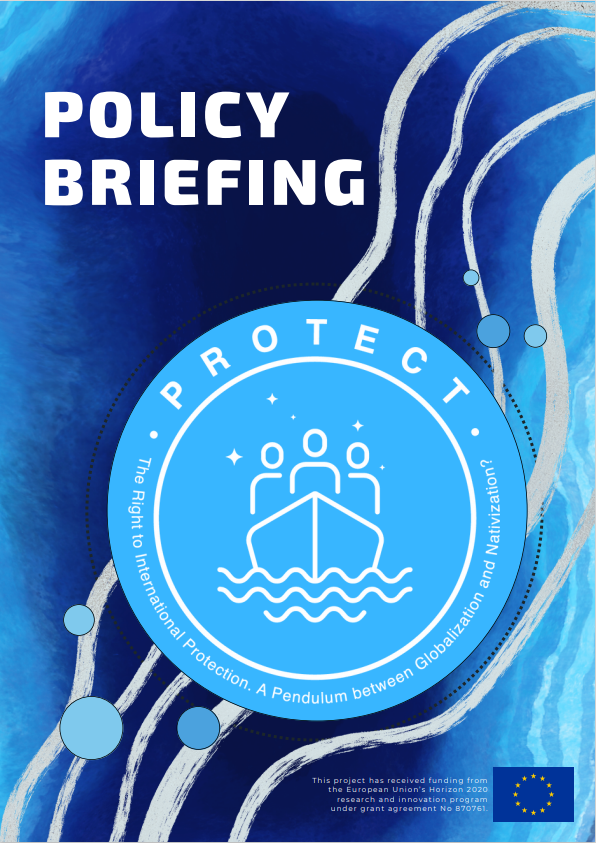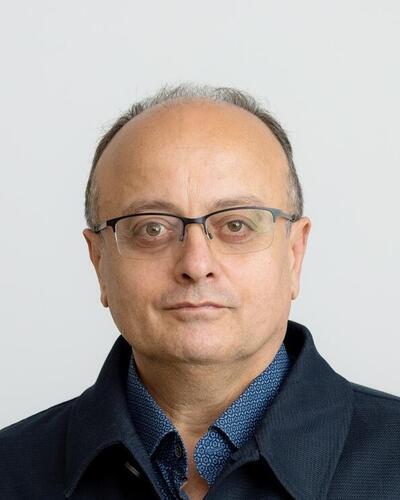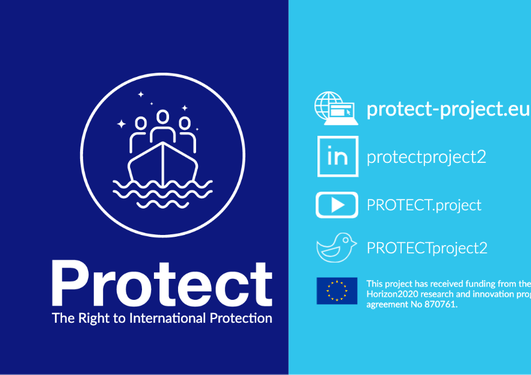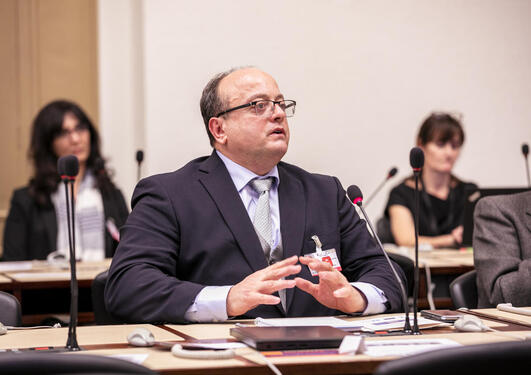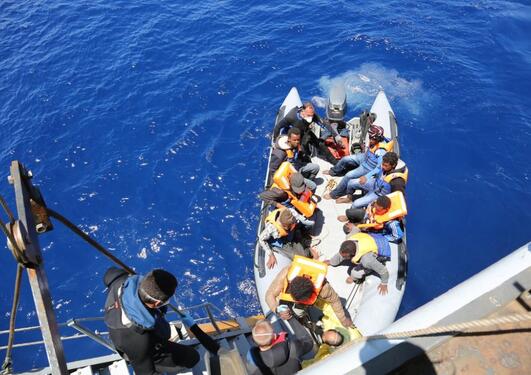Bringing recommendations on refugee protection to policymakers in Brussels
The international research project PROTECT has produced a set of policy recommendations on how to improve refugee protection. At an upcoming conference in Brussels, the recommendations will be showcased to leading figures within policymaking and civil society.

Main content
“At a time when many countries are looking at how they handle increasing flows of refugees, our findings highlight the need for an integrated approach that puts refugees’ needs first”, says Professor Hakan G. Sicakkan, leader of PROTECT The Right to International Protection.
A strong international research team
PROTECT brings together researchers from 12 universities across Europe, Canada and South Africa with funding from the EU’s Horizon 2020 programme.
The Protect Final conference in Brussels, which takes place 6-8 March, marks the culmination of the project team’s extensive research aimed at understanding the impact of political will and the UN’s Global Compacts on Refugees and on Migration. These UN-frameworks were affirmed in 2018 and were meant to strengthen protection for those moving across international borders, albeit with limited success to date.
PROTECT combines insights from legal analysis, institutional analysis, historical studies, media studies, surveys of public opinion and in-the-field study of life in refugee camps and border zones, and offers a fully rounded set of recommendations to policymakers, journalists and other key actors on how to use the UN’s two global compacts to improve refugee protection.
Not merely a humanitarian necessity
The PROTECT team has concluded that creating more effective protection systems for refugees would lead to a range of benefits – for refugees themselves, host countries and everyone else involved.
“Providing effective protection for refugees is not merely a humanitarian necessity, but is also likely to minimise impacts on host communities, and could open the door to longer-term solutions to the global inequalities that drive refugee flows”, says Sicakkan.
The proposed protection systems are outlined in the project’s policy briefing.
If implemented, the systems would ensure that refugees get access to timely and meaningful protection during what is often a highly distressing and uncertain experience. Host states would likely benefit too, as the systems would enable refugees to swiftly start taking part in their new local communities. This, in turn, could empower them to support those who have not made the journey to escape oppression and to lead calls for change in their home countries.

The vision of PROTECT has been to discover ways of advancing the international refugee protection system.
A fully rounded set of recommendations
The following provides a preview of the recommendations that will be presented and discussed at the conference:
Laws, international agreements, institutions, and procedures for implementing refugee and asylum policy should be separated from those set up for running migration and border policy.
Humanitarian visas and corridors should be introduced to safeguard the rights of protection seeking migrants.
Asylum seekers should be exempt from general entry rules for foreigners, including restrictions in times of pandemics.
Asylum procedures should be run by specialized autonomous bodies whose decisions are subject only to judicial review and UNHCR scrutiny.
Procedural rights, including legal counsel, interpretation and appeal with suspensive effect, should be provided to all protection seekers.
UNHCR should be authorized to govern international burden-sharing in times of mass refugee flows.
Authorities’ awareness should be raised about the vulnerability practices that constrain protection seekers’ access to rights.
